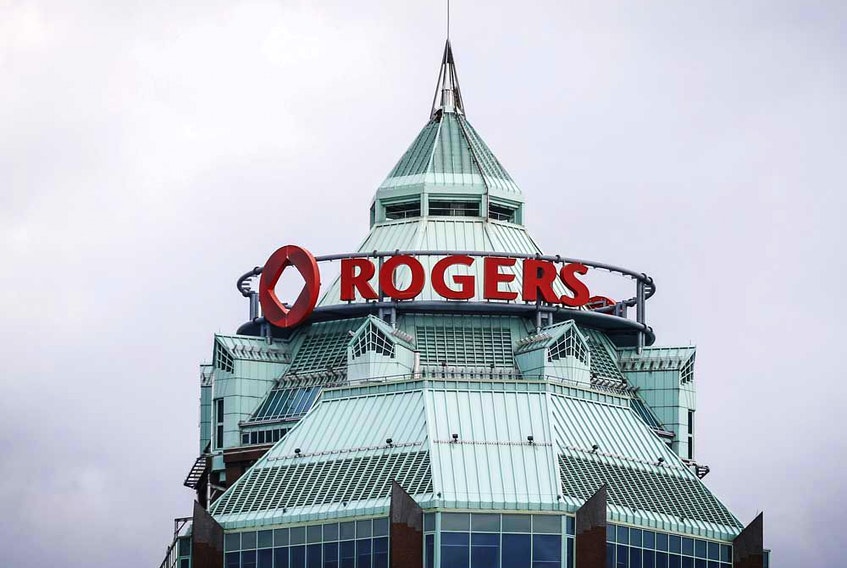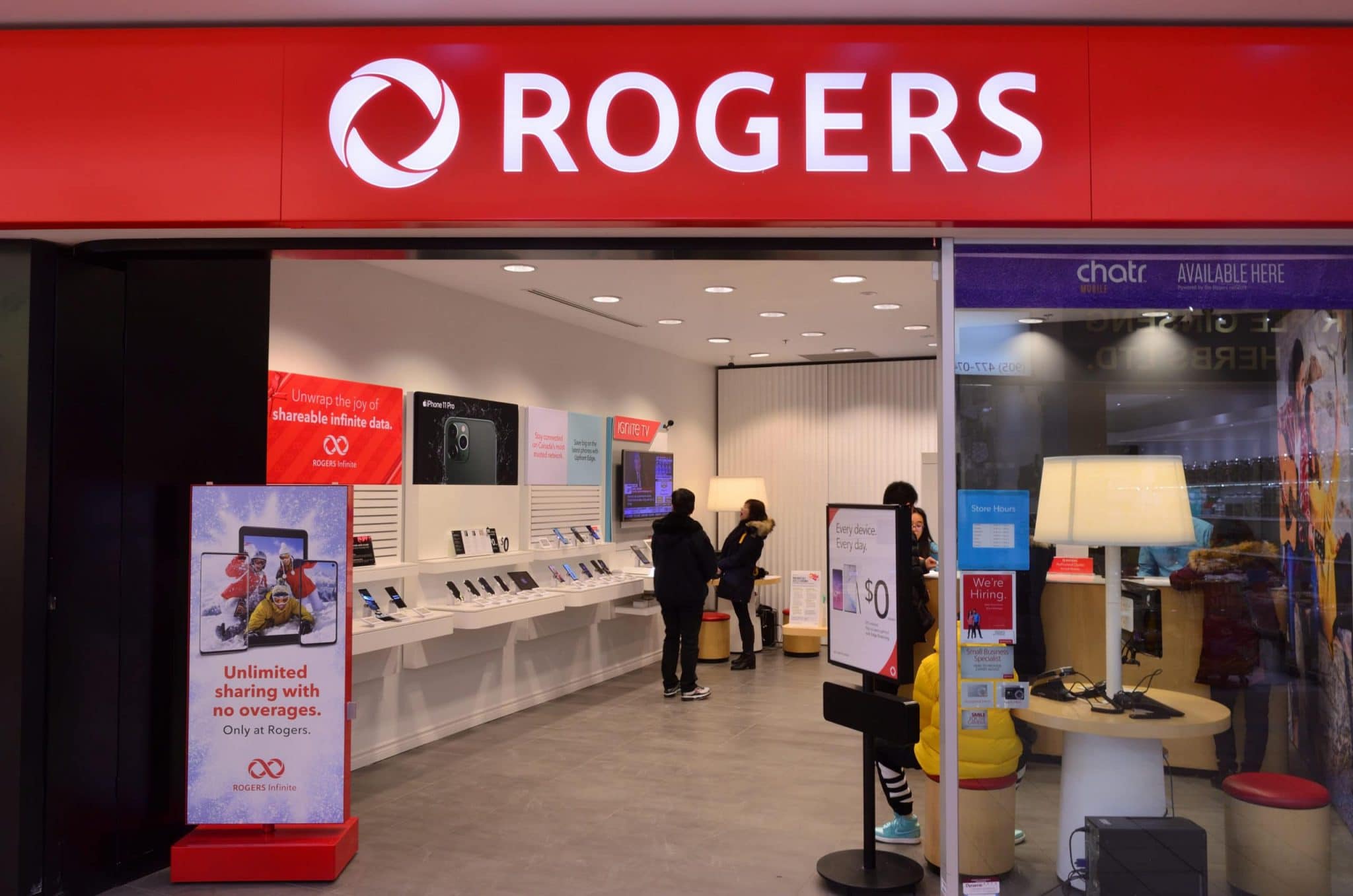
 It’s a point of contention whether the proposed Shaw-Rogers merger will end up being good for Canadian consumers, but for investors wondering where to put their money into the telco space, portfolio manager Kevin Burkett says there are better options than Rogers Communications (Rogers Communications Stock Quote, Chart, News, Analysts, Financials TSX:RCI.B).
It’s a point of contention whether the proposed Shaw-Rogers merger will end up being good for Canadian consumers, but for investors wondering where to put their money into the telco space, portfolio manager Kevin Burkett says there are better options than Rogers Communications (Rogers Communications Stock Quote, Chart, News, Analysts, Financials TSX:RCI.B).
The $26-billion transaction to join up Canada’s number three and four telecom companies got one step closer to becoming a reality with Shaw Communications announcing last week shareholder approval of the deal. The merger — which would see Rogers acquire all of Shaw’s shares at $40.50 per share for a 70-per-cent premium to the share price at the time, with Rogers also assuming about $6 billion in Shaw debt through the deal — received a 99.8-per-cent approval by voting Shaw shareholders at a special shareholder meeting on May 20.
“Today marks an important milestone in the journey to combine Shaw and Rogers, creating a truly national network provider with far-reaching and multigenerational benefits for all Canadians,” said Brad Shaw, Executive Chair & CEO, in a press release at the time.
“We have taken an extraordinary and historic step towards a future with unlimited potential where connectivity and leading 5G technology will enable so much more than we can even imagine today,” Shaw said.
Announcement of the deal immediately propelled Shaw’s share price up to the $35 point where it has since drifted up above $36. Meanwhile, Rogers temporarily went from $60 to $65 but has been around the $61-$62 mark over ensuing weeks.
Burkett says investors should be aware of the regulatory hurdles that remain, which include scrutiny from Canada’s Competition Bureau, the CRTC and Innovation, Science and Economic Development Canada.
“I’m not surprised the Shaw shareholders approved the deal,” said Burkett, speaking on BNN Bloomberg on Wednesday. “That was a massive premium that was paid and there’s a large break fee if it doesn’t pass through the regulatory muster, which is I think probably the risk around Shaw.”
“I would expect actually if the deal failed in the short term you’d see Rogers move quite a bit higher,” he said.
Burkett says there are good reasons for investors to be owning a piece of Canada’s telecom industry, but his preference isn’t for Rogers, which Burkett says likely rushed into the Shaw merger to take the place of a failed hostile takeover of Quebec-based Cogeco Communications. That proposed merger for US$8.4 billion was rejected last year by Cogeco’s controlling Audet family.
“I’m a big fan of telecoms,” Burkett said. “Telecom didn’t really deliver last year the way I’d hoped they would [but] the reason I like it is I think consumers will pay cell bills just like they’ll pay their residential rents. These cell phones have become an essential service so I think they’re very defensive.”
“And yet, they have this quality of operating in somewhat of an oligopoly, more so if that Shaw/Rogers tie up goes through,” Burkett said.
“But within that space, I’m not as keen on Rogers. I’m not sure [about] the Shaw transaction. Geographically, it makes sense but of all the categories in telecommunications cable is the one I’m least enthusiastic about,” he said.
“I think Rogers was foiled by Cogeco and so wanted to be seen to do something,” Burkett said.
Rogers reported its first quarter financials in April, showing revenue up a hair at $3.488 billion compared to $3.416 billion a year earlier and adjusted EBITDA also up slightly at $1.391 billion compared to $1.335 billion for the first quarter 2020. Adjusted earnings came in at $0.77 per share whereas analysts had forecasted on average $0.67 per share.
Rogers said growth over the quarter was driven by better-than-expected results from cable, where revenue increased by five per cent year-over-year on 14,000 net new internet customers and 58,000 new Ignite TV subs.
“Our solid first quarter results reflect disciplined execution in each of our business units, and our continued ability to support the needs of our customers despite the challenges of the pandemic,” Joe Natale, President and CEO, said in a press release.
Burkett said Telus is his favourite play in the Canadian telco space, in part because it’s a win-win for the company regardless how the Shaw-Rogers deal plays out.
“When it did this Shaw transaction I owned a bit of Shaw and I sold out at the premium,” Burkett said. “I think there’s a ton of risk on that deal. I can’t understand how the political discussion around trying to bring competition in wireless can allow for consolidation in an already very consolidated space.”
“So, Rogers, I think it’s okay. I don’t dislike it. I have a slight preference for other members of that industry,” Burkett said. “If [the Shaw-Rogers] deal falls through, Rogers has wasted another year of distraction pursuing a failed acquisition and if it succeeds, you’ve got fewer operators, and Shaw is a stiff competitor for Telus in rolling out wireless in Western Canada.”
Leave a Reply
You must be logged in to post a comment.






 Share
Share Tweet
Tweet Share
Share




Comment